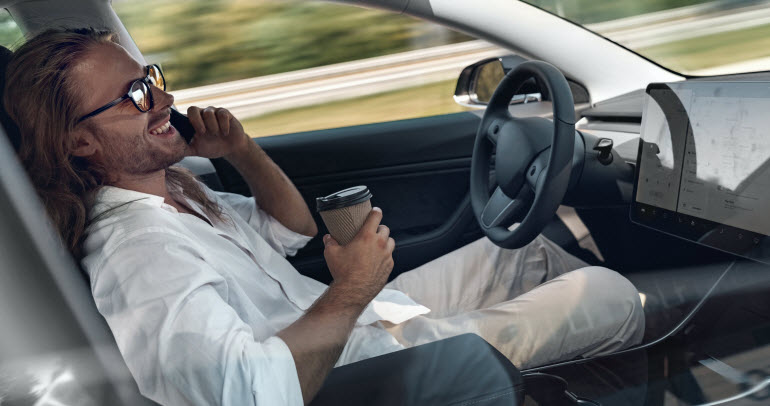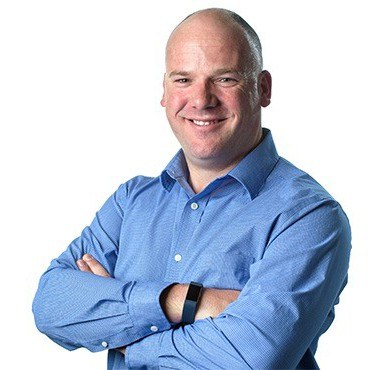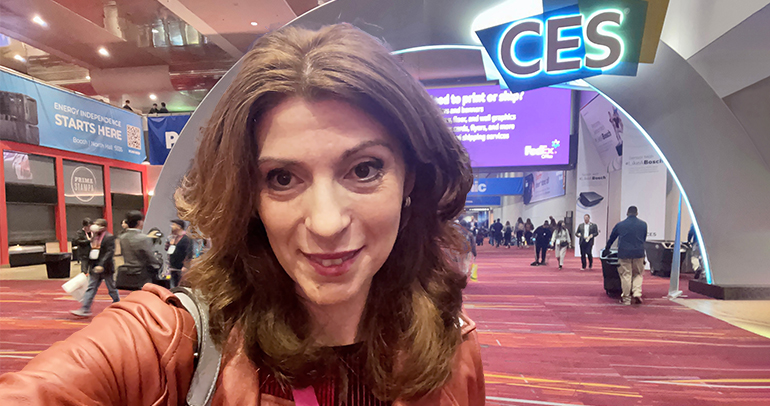
Editor’s note: With more autonomous features making their way into today’s cars, consumers are increasingly exposed to the technology and beginning to consider what it could mean for their own lives. Our automotive and technology teams recently co-developed a three-part blog series to address the most important questions autonomous vehicle developers face today. Visit part one to get a better understanding of how much control drivers are willing to give to autonomous vehicles, or part two to find out about the ways consumers plan to use their AVs.
Among the critical questions on the horizon for autonomous vehicle (AV) technology is “who will be first?” However, thanks to consumer comfort and expectations for use, a better question may be, “who will be first to get it right the first time?” Friend, Servant or Evil Twin: Forging a positive driver-car relationship with self-driving vehicles examines which developers US and European consumers expect to win that race, from traditional car companies to big tech firms and scrappy upstarts.
Who Will Win the AV Race—The Auto or Tech Industry?
While traditional automakers continue to enjoy a strong foothold in the AV market, tech-backed entrants are gaining momentum in this space. In the United States, 27% of respondents expect hardware and software companies—rather than traditional or even specialist auto manufacturers—to succeed in bringing effective, safe autonomous vehicles to market. In comparison, 18% of Europeans see tech developers as the companies most likely to put AVs on their roads.
Not only do consumers envision using AVs in a different way than previously thought, but a solid chunk of the population expects big tech to lead the AV charge. Either way, AV makers—be they traditional automotive manufacturers or emerging tech entrants—need to keep a close pulse on consumer desires and engage a robust communication strategy to build understanding, comfort, trust and excitement for self-driving cars.
Perhaps, it isn’t about who is winning the AV race, but how traditional automakers and tech companies can combine forces to successfully create the future of mobility.
Download Friend, Servant or Evil Twin: Forging a positive driver-car relationship with self-driving vehicles to get a closer look at consumers’ expectations regarding autonomous vehicles and how to build public excitement.








